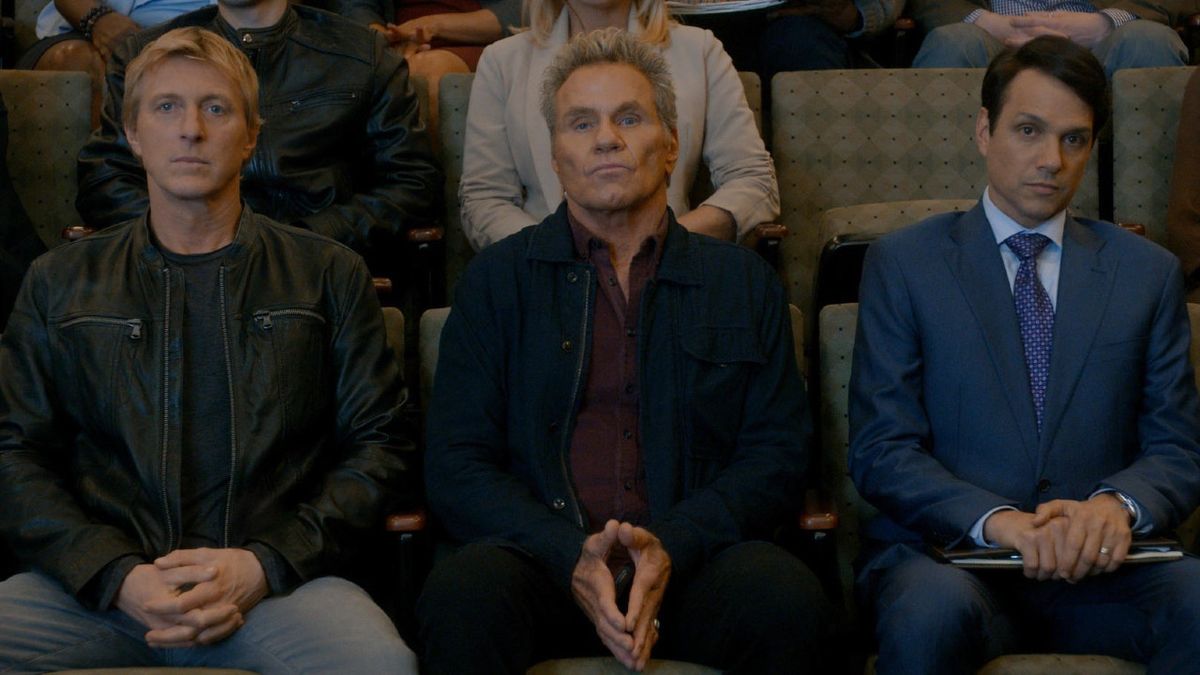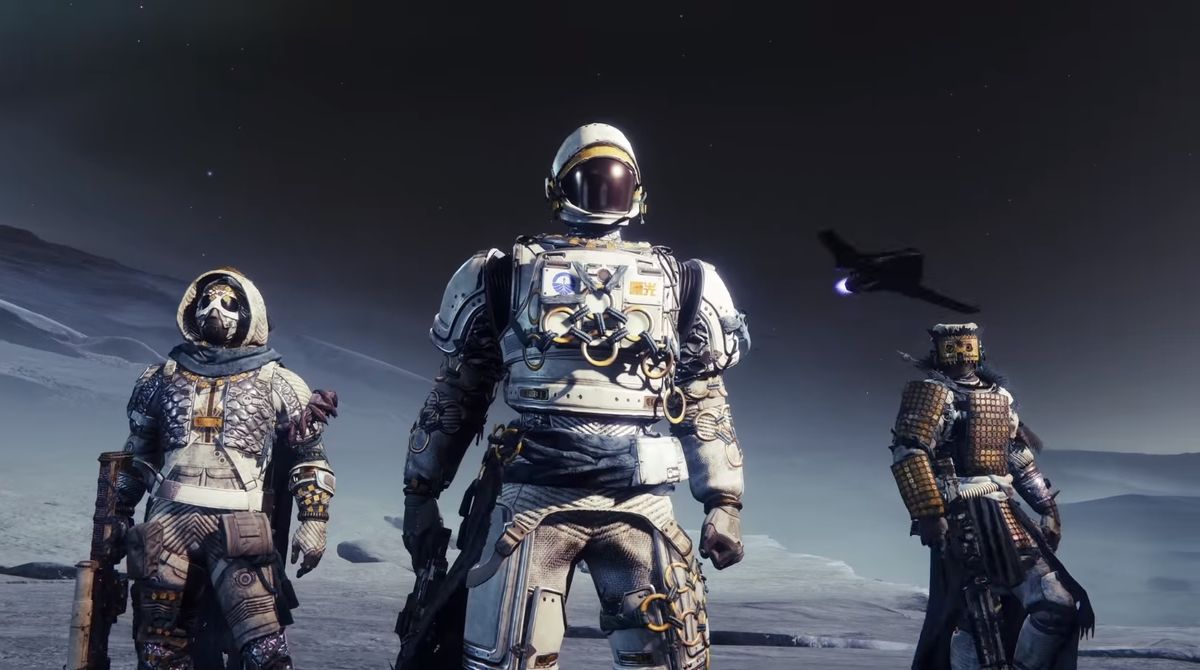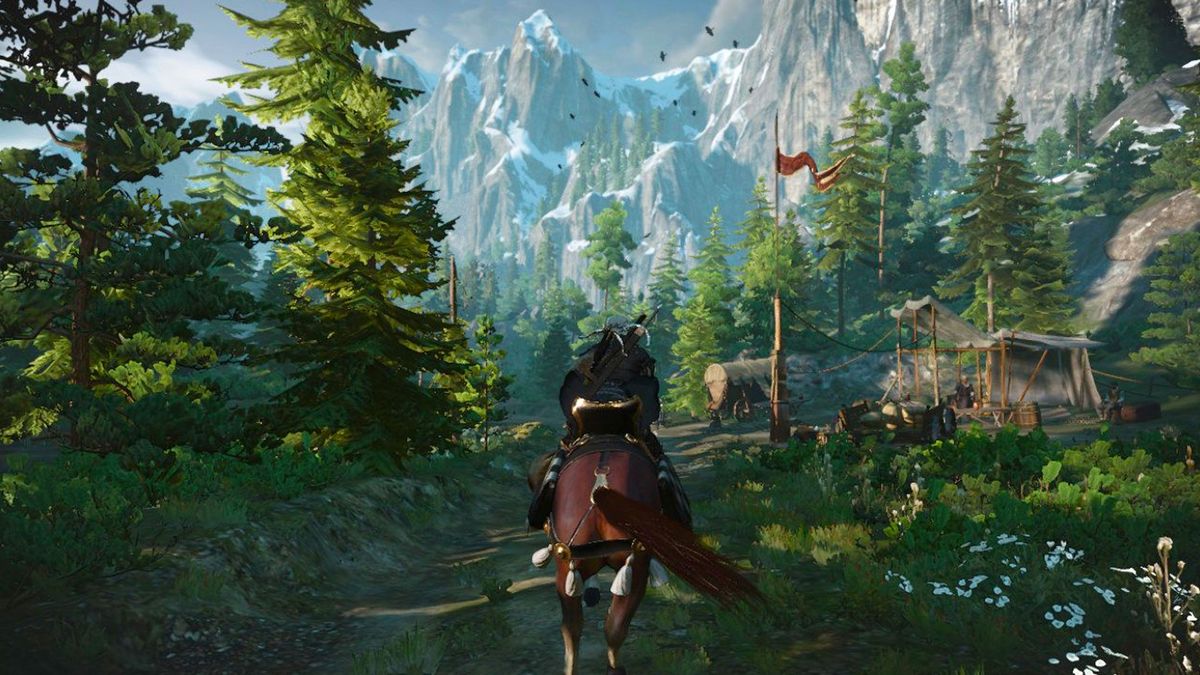When Formula 1 legend Ayrton Senna died aged 34 in 1994, the route of his funeral cortege was lined by a million people.
What drew so many? Was it the danger, the glamour, the wealth, the girls? Or was it because he was a nice guy who set up charity foundations?
Asif Kapadia’s documentary touches on all these things, before returning to the main reason. Senna was, quite simply, very, very good at driving very, very fast – a fallen hero elevated by his nation into the kind of pantheon normally reserved for gladiators.
At least, that’s how Kapadia’s film slyly portrays him, turning bleached, crackly video and voiceovered testimony of ’80s and ’90s F1 championships into less a level documentary than a starstruck eulogy.
There are some remarkable images here, from sweary pre-race drivers’ conferences to white-knuckle in-car footage (including, chillingly, that from Senna’s own car seconds before his death) – heady years of grace and danger next to today’s blander, safer era of computer-regulated racing.
At its centre is the bitter rivalry between the Brazilian and his McLaren teammate, the flinty-eyed Frenchman Alain Prost, the pair’s furious on-track (and off-track) duelling resembling some fusty tale of rival fighter aces.
Indeed, Prost is painted – a little unfairly – as a dastardly Gallic Red Baron to Senna’s untainted hero, an extension of the politics and corruption that arguably led to Senna’s demise. But behind the sweet-natured good son lay a steely hubris that at times got the better of him. “He never wanted to beat me,” Prost recalls. “He wanted to humiliate me.”
It’s Senna’s obsessive, transcendental lunacy the film captures so well, and his tendency to render his victories as higher art dedicated to a higher power.
“The circuit was a pedal,” he dreamily waffles after one race. “And I realised I was well beyond my conscious understanding.” Imagine Schumacher coming out with such verbiage…
Of course, what constantly haunts the film is the death at Imola, which the final 25 minutes unspools with a queasy inevitability – a race weekend plagued by accidents and omens that had already claimed one life, that of Austrian driver Roland Ratzenberger.
After that, safety regulations were tightened, the closing titles noting that Senna remains the last F1 driver to die in the service of his sport. But there’s a distinct sense of regret, too, for an era of swashbuckling danger sacrificed for sterility and speed limitations. Ayrton, no doubt, would have found it all a touch dull…
 Game News Video Games Reviews & News
Game News Video Games Reviews & News



